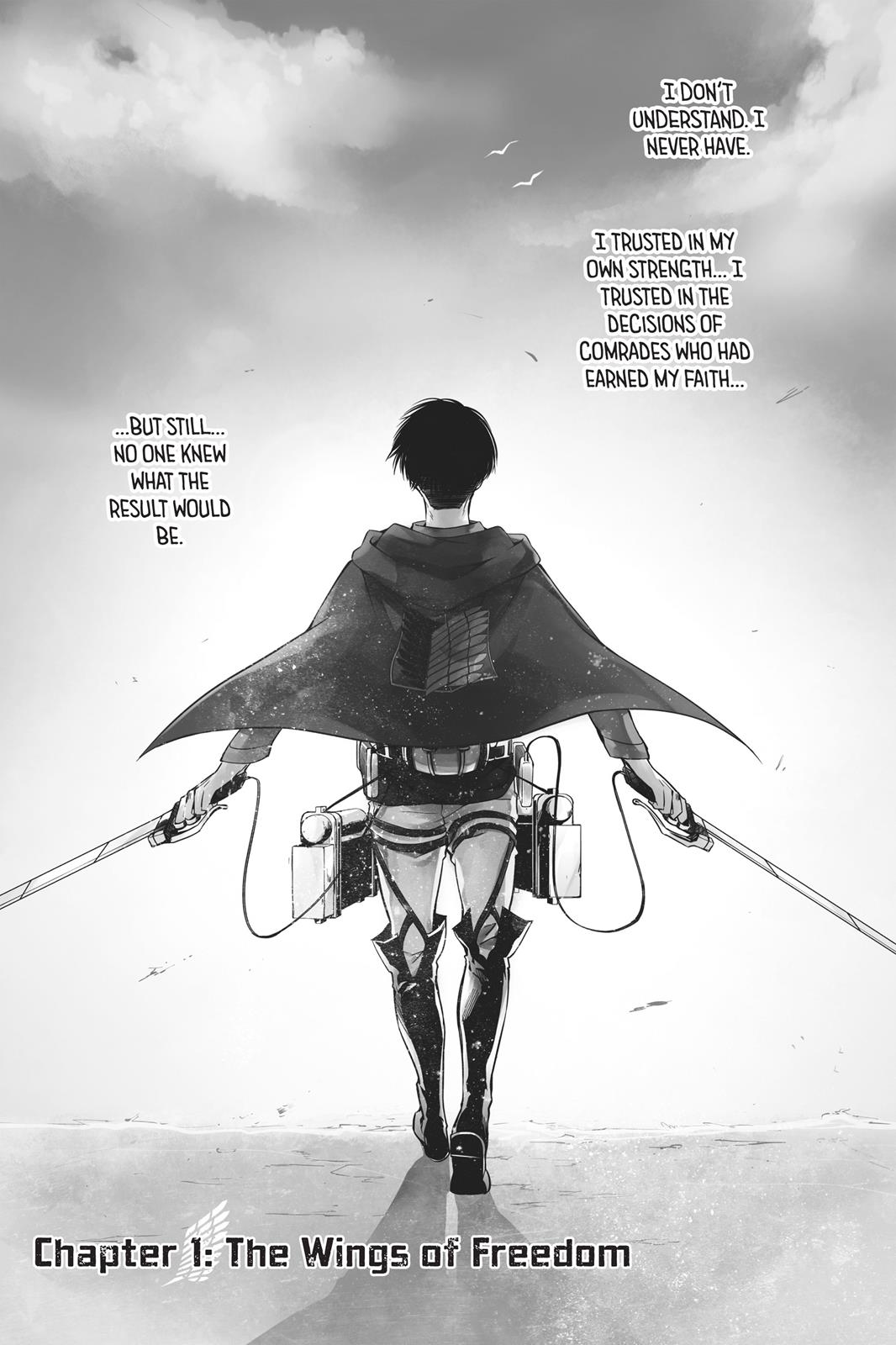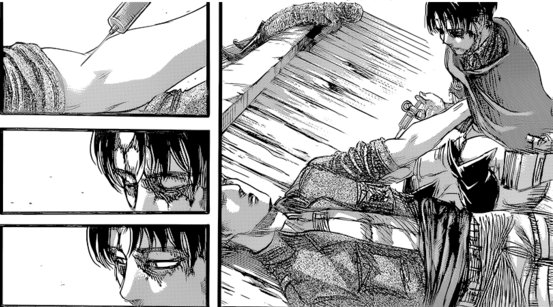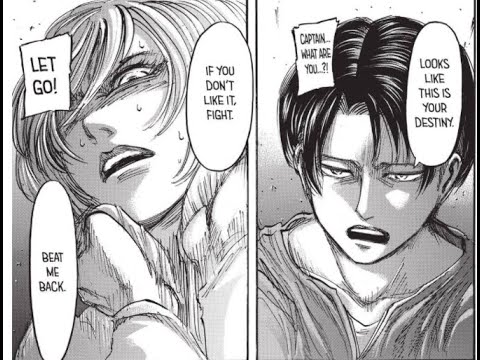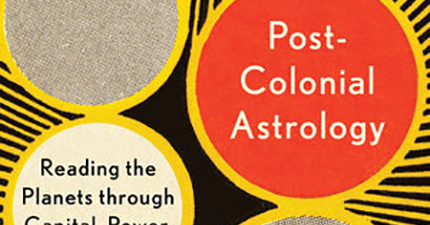Spoiler warning: In this article, I’m going to be spoiling a lot of the plot of Attack on Titan and Attack on Titan: No Regrets. This is for people who have watched the anime or watched the manga. I will discuss the conclusion of Attack on Titan which has only been shown in the manga at the time of the writing of this article.
In Attack on Titan, Petra Ral who is in love with Levi Ackerman describes Levi as “unexpectedly short, high strung, and rude.” These are the reasons why, according to Petra, Levi so often disappoints the people who meet him. Nevertheless, Petra clearly loves Levi.
Levi Ackerman is humanity’s strongest soldier but he’s not a hero. He’s not Erwin’s pick as successor. He’s not even in the running. Levi has all of the trappings of a hero—he very often saves the day, he’s competent, and he’s fiercely protective. However, his personality is fundamentally unlikeable. He doesn’t care what people think about him. He can’t help but be extremely offputting.

The mythic hero is someone who is celebrated—a likable being. That hero becomes an emblem because they mean something to their community.
Levi Ackerman is emotionally avoidant and cynical and all of this makes him so relatable. He inspires no hope. He’s not interested in inspiring hope or in being a hero. He isn't interested in heroism or in being liked. Levi Ackerman is a Capricorn.
All of the Ackermans that we come across are Saturnians—Kenny and Mikasa are both Aquairiuses. Grisha and Carla are also Aquarius Suns.
Obviously, titans are Saturnians. Saturn was the last of the titans in mythology. Being a titan, he couldn’t help but eat his own children. Saturn’s father ate his children until Saturn was able to successfully slaughter him and Saturn can’t help but repeat the actions of his father until Jupiter slaughters him. In the world of Attack on Titan, there is also cannibalism. The titans eat humans uncontrollably and, later, we find out that the power of the titans lives on in Ymir’s children because King Fritz forced her children to eat her body while she remained alive.
Children eating their parents and parents eating their children—the story of Saturn is a story about generational adversity.
There’s Zeke’s desire to bring an end to Grisha’s mission. Zeke—a boy wonder who sold out his parents at a young age. There’s Eren who possesses his father and tells him what to do. Memories are convoluted in the world of Attack on Titan. The children of Ymir have had their memories wiped out so they have no sense of history. However, they inherit the memories of all the previous titans if they inherit the power of the nine titans. This makes their actions possessed, as though they are controlled by ghosts without knowing with any clarity who those ghosts are and what contexts they might have lived in. Armin even falls in love with Annie once he inherits Bertolt’s memories without realizing that Bertolt is affecting him at all.
In this world, wars are repetitive and their cycle of destruction neverending. Characters flip out because all they know is killing and, yet, they can’t imagine an end to all of the slaughter without more killing. The titan power is asleep in the buried head of Eren Yeager at the end of the show but war is ongoing. The last panel of the manga shows a young boy about to awaken the power of the titans amidst a new war. The power of the titans can’t be extinguished forever because war making is a part of human nature. Even before Ymir woke up the titan power, perhaps humanity had already fought titans before and struggled to bury its destructive potential.
The Ackermans are interesting because they’re actually the byproducts of Eldian titan experimentation. They were made to serve the royal bloodline. All of the Ackermans we meet are Saturnians.
Saturn’s story is a story about generational adversity but it’s not just about adversity. Saturn is the ruler of time. Saturn’s story is also a story about time passing, about change being inevitable.
Levi’s Choices
All of Levi’s moments build up towards the choice that he eventually makes about Erwin Smith. For the purposes of stanning Levi, I’m going to temporarily ignore the fact that Isayama based Erwin on a nazi and just focus on Levi. In the show, Levi and Erwin are obviously together. They’re often seen in the same bedroom at night and Erwin brought Levi into the Scouts. When Kenny asks Levi whether there’s someone in his heart, Levi answers that there is and the only person he could be thinking of is Erwin. We see them protect each other—Erwin telling Levi to refuel and Levi asking him to stay back because he lost his arm.
We primarily see Levi as a mentor and teacher through Eren’s eyes. From the beginning, however, Levi is a teacher who doesn’t tell Eren what to do. Instead, he tells Eren that he has to make a choice. When they’re in the forest being pursued by Annie in the form of the female titan, Levi doesn’t tell Eren not to transform. He tells Eren that he can transform if he wants or he can trust in the Scouts.
Levi’s choice is foreshadowed in the prequel manga Attack on Titan: No Regrets. In that series, we see Levi through his choice to join the Scouts. Levi was an underground mob boss who took in a lot of abandoned children. When a noble tasks him with killing Erwin and joining the Scouts, Levi does it but he makes the wrong choice during an expedition and he sees two children he’s taken on the responsibility of caring for get killed by titans. Levi immediately puts himself to blame.
At that moment, this moment of Levi distrusting himself and blaming himself, Erwin Smith enters. Erwin tells Levi to wake up. It’s not Levi’s fault. It’s the titans. What are the titans? Who sent them? There’s so much that we don’t know.
In other words, Erwin breaks Levi’s cynicism with a good dose of reality. He shows Levi just how much of his disillusionment is also an illusion. Levi takes on too much responsibility because he wants to believe that he’s more in control than he actually is. There’s a lot more to reality than a Saturnian’s pseudo-omnipotent sense of control. Erwin and Hange Zoe, a Mercurial, are aware of their own ignorance and this self awareness makes them curious about reality. This curiosity breaks through Levi’s Saturnian nihilism. Levi realizes that he’s only able to assume so much responsibility because he’s colluded with his environment in shrinking his world. Reality is much bigger than Levi’s self blame wants it to be.
And Levi makes a choice. He chooses to expand his world. He chooses a world that is unpredictable.
It’s this choice that foreshadows Levi’s second choice. This is the choice Levi makes in Shiganshima District when they’re about to go to the basement where Grisha stored his secrets. At this moment, Levi has two people in front of him—Erwin Smith and Armin Arlert. Armin is Eren and Mikasa’s friend, a brilliant young boy who wants to leave the walls because he wants to see the ocean. These three kids are child soldiers that Levi helped train and they represent a younger generation within the Scouts. Erwin Smith is the current commander of the Scouts.

Just before this moment, Erwin revealed to Levi that he doesn’t really care about humanity. Erwin only cares about going to the basement. Erwin wants to know what is beyond the walls and he’s possessed by the mystery of their world the same way his father was. During the coup that Erwin staged, he talked about how he wouldn’t sacrifice his own desire for truth for humanity. He would prefer to sacrifice humanity. This is Erwin’s cynicism and we see this as Erwin involves himself in suicidal strategies over and over again. Erwin is self disgusted and he’s using his own desire for truth to propel himself forward for the sake of other people.
In other words, Erwin is tired and his ambition is nearly exhausted. Levi recognizes that. In the end, Levi chooses to save Armin and to allow his own lover die.
I think this choice is about Saturn’s duty. Levi’s first choice, his choice to join the Scouts, is about Saturn’s delusions. Levi’s first choice is about him accepting that he doesn’t have omnipotent control over a world that he barely understands. His second choice is a succession story. Levi chooses when Erwin died and, in doing so, he chooses when the next generation will take over. Levi is able to do this because of his first choice. The first choice taught Levi how to recognize his own limitations and he uses this self knowledge during his second choice. Levi is fully aware of what his generation—himself, Erwin, and Hange—cannot do.
The Little Girl
It’s impossible to ignore the ways in which Attack on Titan is about Japanese fascism. General Pixis is based on a Japanese war general. The Eldians are defeated imperialists the same way the Japanese imperialists were defeated by a superpower that almost seems supernatural. Knowing this, I watched Attack on Titan cynically at the beginning.
I ended up being moved in a way that I did not expect from a shounen.
Usually, shounens are about gaining power. They’re about generational adversity and about puberty. The ending of Attack on Titan revealed to me a string of something I never expected from a shounen.
Throughout the narrative of Attack on Titan, we get very frustrated at how devoted Mikasa is to Eren. Mikasa is obsessed with Eren and her love for him seems self sabotaging. He doesn’t care about her and treats her terribly. Her love is suffocating and smothering. They seem to have trauma bonded and Eren himself voices his suspicion of her love, asking her why she is so attached to him and tells her that he hates her.
At the end of Attack of Titan, we find that it’s not just Eren who Mikasa loves. It’s Ymir.
There’s a little girl who lives inside of Eren since he inherited the power of the founding titan. This little girl is Ymir. Ymir was a girl who was enslaved by the Eldian king and she fell in love with this king as he abused and used her.
The dynamics within Mikasa’s story are common and familiar. Mikasa was taken in by Eren’s family as a little girl when her parents were murdered. As she grew up with Eren, she sees him not only as a brother but also as a lover. In other words, Eren is her everything. He’s her family of origin and also her future family.
A lot of women in Asia have similar stories because of the common practice of giving away girls when they are children to their husband’s family. For girls from poor families, this practice secures their eventual marriage and saves their family from having to feed someone who will go to another family in the end. These girls are used as workers and also as wives. They are often older than their intended and might raise their future husband so their dynamic with him is something like an adopted child, mother, sister, and lover. For someone who is given to another family as a child, that second family becomes their everything. They become strong and they also become completely devoted to their future husband.
Attack on Titan, in the ending, reveals this kind of storyline. Mikasa chooses to kill Eren because she loves Ymir. Ymir, so used to only giving her love and power, accepts Mikasa’s love.
Eren doesn’t get it. We get so little of what is happening because we as the audience are trapped in Eren’s perspective. Eren only tells Armin that he doesn’t know how Ymir loves Mikasa. He doesn’t talk about the similarities in their storylines, about how Ymir was captive and about how Mikasa was captive, about how they both are condemned to love their captors.
War lives on in Isayama’s cynical vision of humanity. Destruction is a part of human nature. However, we get emotional and narrative relief in Attack on Titan’s conclusion. The relief we get isn’t the end of war itself but the relief of seeing Ymir and Mikasa come together in mutual acknowledgement. They understand that the other has suffered and understand that they, too, have suffered.
This shounen manga acknowledges patriarchy in a complete way. Attack on Titan is a story about patriarchal fascism. And yet, it concludes with two women who love each other—Mikasa Ackerman and Ymir Fritz.
There’s another Ymir Fritz in Attack on Titan. Ymir is also the name of a trainee who was actually an orphan from Marley. This Ymir falls in love with Historia who is an illegitimate daughter of the royal family. Historia eventually gives birth to the first Fritz who doesn’t inherit titan power in the story and she also makes a choice. She chooses not to inject herself with titan juice because her father is pressuring her into it. She was able to make that choice because Ymir loved her for her agency and not her obedience.
Historia’s sign? Capricorn. Ymir’s? Aquarius.

I think that Historia and Levi are character foils. They’re both Capricorns who make choices. They’re both Capricorns who make places for orphans. The first thing that Historia does when she becomes queen is punch Levi Ackerman. When she hits him, Levi just laughs.
This moment is also a succession story and it mirrors the main conflict in the larger story. There’s the conflict—the younger generation is antagonistic towards the older one. This conflict isn’t destructive. It doesn’t kill 80% of humanity. This conflict is playful and accepted. Levi shows us how to accept generational adversity and Historia shows up how to claim it. This moment is beautiful in the story because we get to see conflict as play. We get to see our Capricorns laugh during it and we realize that Saturn, this god of generational difference, isn’t as bloodthirsty as the stories we like to tell about him.


